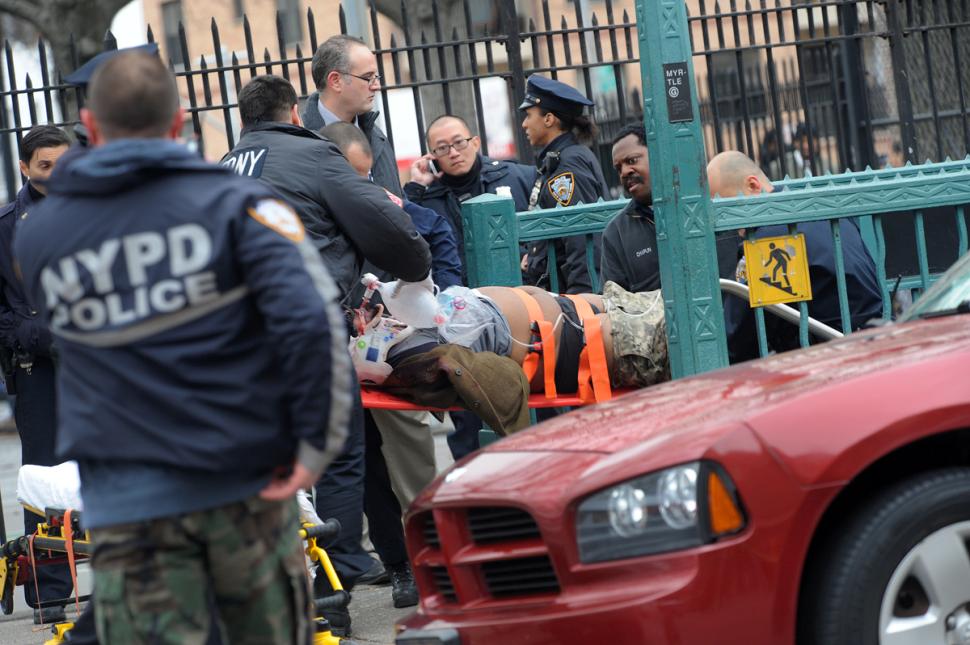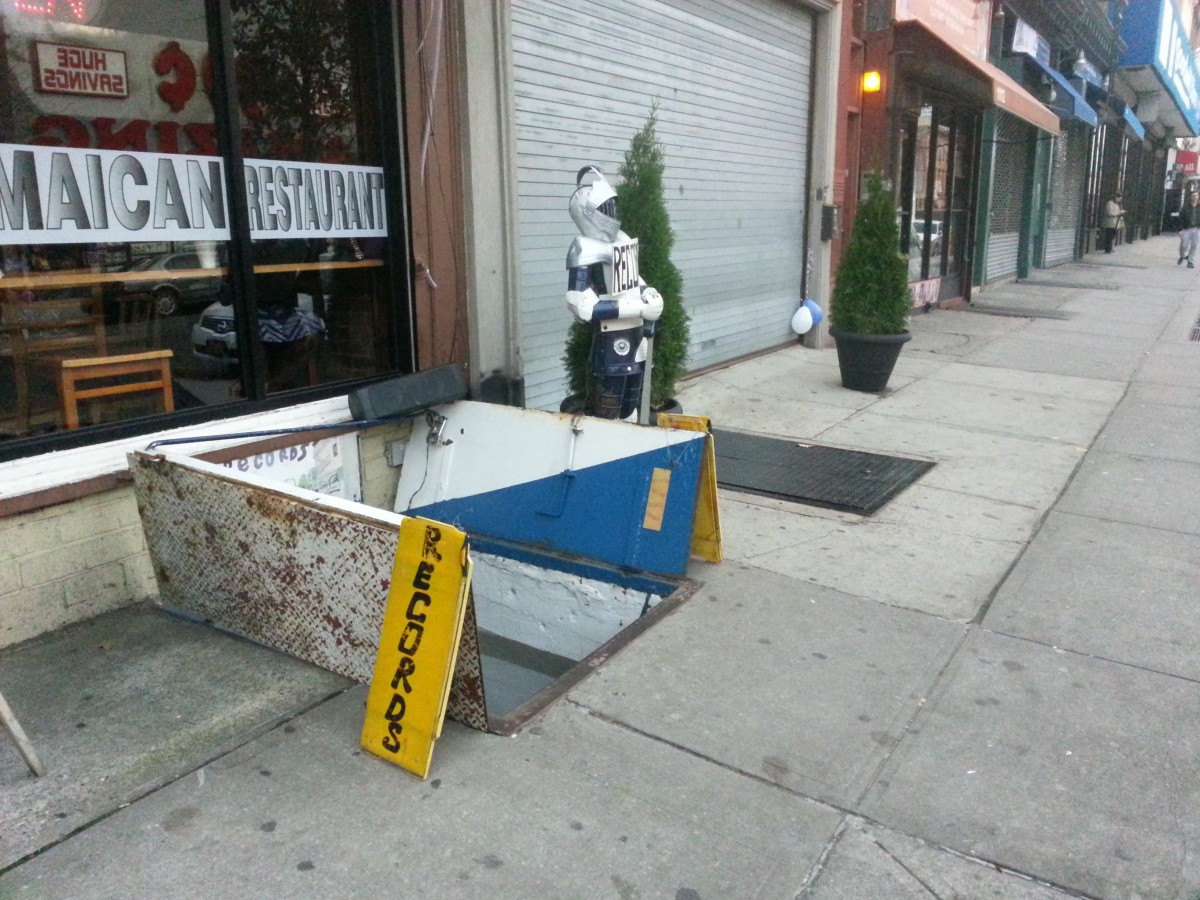On February 3, 2015, a bold wave of joy and jubilation jolted the dry fields of the publishing industry. Harper Lee had written a second novel, Go Set a Watchman. It was set to be published in July. It was a 304-page sequel to her celebrated masterpiece, To Kill a Mockingbird, and was set twenty years later, following Scout’s further adventures as she revisits her principled father, Atticus Finch, in the 1950s.
It didn’t take long for the skeptics to pop out of the funhouse. One cri de coeur came from Jezebel‘s Madeleine Davies, who cited Lee’s problematic relationship with her attorney Tonja Carter and pointed to how Alice Lee claimed that her sister did not always understand the contracts she signed (a charge that can equally apply to many writers, who traditionally aren’t in the habit of minding the store). There was also Lee’s copyright lawsuit against her agent Samuel Pinkus, which was settled out of court for an undisclosed sum. Pinkus had transferred the Mockingbird copyright to his company Veritas Media Inc. as Lee’s health declined. It was a classic case of a venal opportunist exploiting an undisputedly brilliant artist and moving in for the kill. With the settlement terms behind closed doors, we still don’t know how much of the copyright or the Mockingbird commissions Lee has actually received. (Lee and Pinkus’s attorneys did not respond to requests for comment from Business Insider‘s Erin Fuchs.)
So there are underlying concerns about Go Set a Watchman. Was the publication of this second novel motivated by financial need? Had Lee been pressured to dust off a manuscript that had been sitting around for decades? Why did Lee’s attorney, who discovered the manuscript, push to have Watchman published? This was, after all, the manuscript that Lee had set aside before writing Mockingbird. It may be an embryo rather than a bouncing baby.
Watchman will undoubtedly be of great interest to the waning population that still reads. But doesn’t an author have the right to keep her early manuscripts unpublished? Lee obviously made the choice, but if she was squeezed into this last hurrah, there’s something unsavory about an author so beloved and renowned, one who has steadfastly avoided publicity, being coerced into showing off her apprentice work, especially if this manuscript has not been significantly edited or revised in the years since.
Indeed, when a genius’s undercooked work gets published, it can often backfire. In 2012, David Foster Wallace’s remaining nonfiction scraps were published as Both Flesh and Not and the mixed results, accompanied by a condescending list of vocabulary words used by Wallace, diminished his clear talent. And because of efforts like this (and the rushed D.T. Max biography), a DFW backlash developed.
It’s possible that Watchman will be a great book. As someone who was deeply moved by Mockingbird the three times I read it, I certainly hope it will be. Of course, one should certainly not venture an opinion about it until reading the damn thing in full. But if Watchman is a dog and there are any honest literary critics left in this gutless age of “No haters!” and trigger warnings, then Lee will be alive to witness the excoriations. The public may likewise measure Watchman by Mockingbird‘s yardstick.
Harper Lee is a national treasure. Given Mockingbird‘s great reach into the American cultural landscape, she has more than earned her right to be heralded, celebrated, and otherwise declared the bee’s knees. But Watchman is not Lee’s most recent work. To Kill a Mockingbird is. Watchman is a historical document, a book that should be published after Lee’s death when people are in a better position to judge her totality. It is a crassly commercial decision, not a scholarly one, that motivates this publication.




